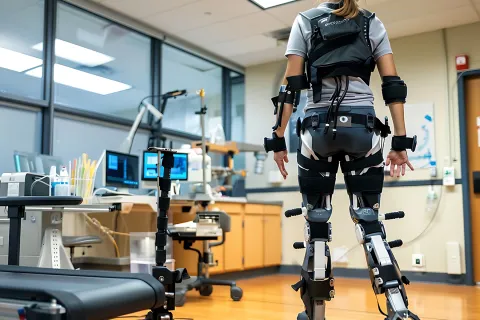
The current Regulatory scenario for medical devices in the United Kingdom (UK) is governed by the Medical Devices Regulations 2002 (SI 2002 No. 618, as amended), also known as the UK MDR 2002. This framework was originally based on the European Union (EU) Directives, but following the UK’s exit from the EU, there have been changes to how medical devices are regulated in Great Britain (GB), comprising England, Wales, and Scotland.
Here are the key points with respect to the current Regulatory scenario for medical devices in the UK:
- Conformité Européene (CE) Marking and UK Conformity Assessed (UKCA) Marking: The UK government has extended the acceptance of CE-marked devices in GB to June 30, 2030. This means that medical devices with a CE mark can continue to be placed on the GB market. However, a new mark called UKCA has been introduced, which will eventually replace the CE mark for devices marketed in GB.
- Northern Ireland (NI) Protocol: Different rules apply in NI due to the existence of the NI Protocol. In NI, medical devices must comply with EU regulations and should carry the CE UKNI mark.
- The Medicines and Healthcare Products Regulatory Agency (MHRA)’s Role: The MHRA is responsible for the registration of medical devices in the UK. It assesses allegations of non-compliance, enforces regulations, and ensures the overall safety and quality of medical devices.
- Post-market Surveillance (PMS): The UK government intends to further strengthen PMS requirements to ensure the ongoing safety and efficacy of medical devices.
- Future Regulations: The UK government plans to implement substantial reforms to its current Regulatory framework, particularly aiming for core aspects of the future regime for medical devices, to be applicable from July 01, 2025. This will involve a proportionate, phased approach to support system readiness and minimize the risk of supply disruption.
- Transitional Arrangements: Transitional legislation has been put in place to amend the UK MDR 2002, allowing for a smooth transition to the new Regulatory framework.
- Registration and Certification: Manufacturers need to register their devices with the MHRA and ensure that these are certified in accordance with the applicable conformity assessment procedures.
- UK Responsible Person (UKRP): Manufacturers based outside the UK must appoint a UKRP to act on their behalf and carry out certain tasks mandated by the regulations.
- Labeling Requirements: Medical devices must be properly labeled with either the CE mark or the UKCA mark, along with other required information, to be placed on the GB market.
- Guidance and Updates: The MHRA provides guidance and updates on regulating medical devices in the UK, including specific requirements for different types of devices, such as custom-made devices and Software as Medical Devices (SaMDs).
Post Brexit, the most significant change in regulations for medical devices has been the transition from CE marking to UKCA marking by June 2030. The MHRA plays an important role in regulating medical devices in the UK, emphasizing the need for Regulatory compliance, and at the same time, the strengthening of PMS for the future Regulatory framework. A continuous engagement with the MHRA guidance ensures Regulatory compliance, thus reinforcing your commitment to the safety and quality of your medical devices.
Freyr provides comprehensive Regulatory support to help manufacturers place their medical devices on the UK markets. Do you require end-to-end Regulatory support? Schedule a call with us today!









